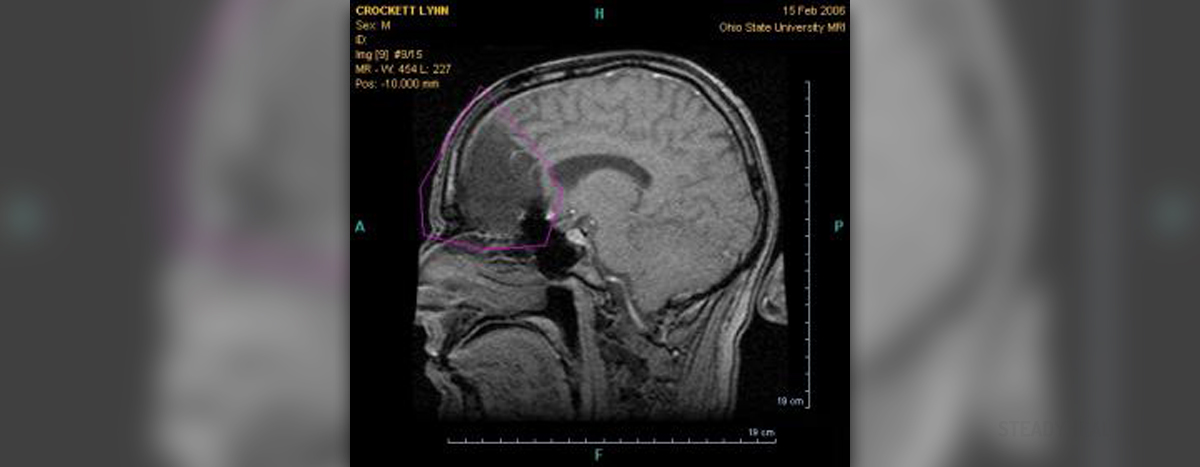Magnetic resonance imaging also known as MRI is an imaging technique which is great in visualization of human body. This way medical conditions which feature with certain structural changes may be appropriately visualized. This method uses magnetic and radio waves and this is good as patients do not have to be exposed to harmful X rays or some other form of radiation.

MRI Procedure
The patient is in a lying position. He/ she is placed into a cylinder-shaped magnet. The patient needs to lie still and the radio waves are released. These radio waves pass through patient's body, collide with the body's atoms and lead to oscillation of nuclei. Nuclei eventually come back into their original place releasing their own radio waves which are then registered, form a picture and this result is finally interpreted by specialists.
- find a tumour,
- find out how big it is and whether it has spread (stage a cancer),
- measure blood flow,
- to check how well treatment is working.
Possibilities of MRI Scan
MRI scan is amazingly advanced technique. It can present each and every tissue and organ of the body.
Being so specific this technique is most appropriate in case of tumors. It can detect the smallest changes inside the body. For example bone metastases may not be evident on plain X ray but they will be certainly visible on MRI scan. Brain tumors are also best visualized by MRI scan. This is why surgeons require MRI scan of the cranium prior the operation. It can also detect brain changes which occur in multiple sclerosis. It is also good in case of brain hemorrhage although some doctors like to perform CT scan of the head if there is possibility of brain hemorrhage.
The MRI scan is additionally good in visualization of heart and large blood vessels. This can be of great help in detection of birth defects of heart and some other conditions.
Spine and osteomuscular system can be perfectly examined as well. This method is most definitely the best when it comes to internal organs visualization.
All in all, there is no tissue or organ that cannot be fully visualized and properly investigated by MRI scan.
Side Effects of MRI Scan
This procedure is rather safe and painless. Some patients may experience complications connected to application of IV contrast. The reaction to contrast may happen in people who are allergic to certain components of contrast but these patients are usually scanned without contrast. This way the contrast cannot lead to allergic reactions.
Patients may feel uncomfortable while in the magnetic tube because of the noise that is present during MRI scan. This can especially have bad effect on people who are suffering from migraines.
Additionally, since the procedure lasts approximately 30 minutes the lying position can result in slight discomfort a pain in the back. MRI scan cannot be performed in claustrophobic people.
Apart from the previously mentioned there are additional side effects which include headaches, dizziness, excessive perspiration, nausea, and tiredness. Luckily, these side effects are only transitory.
During this procedure a patient is exposed to very powerful magnetic field. This is why he/ she must not wear jewelry or any metal objects. People who have metal artificial prosthesis implanted in the body cannot undergo MRI scan. MRI scan is also banned for people who have undergone pacemaker surgery.




_f_280x120.jpg)












Your thoughts on this
Loading...